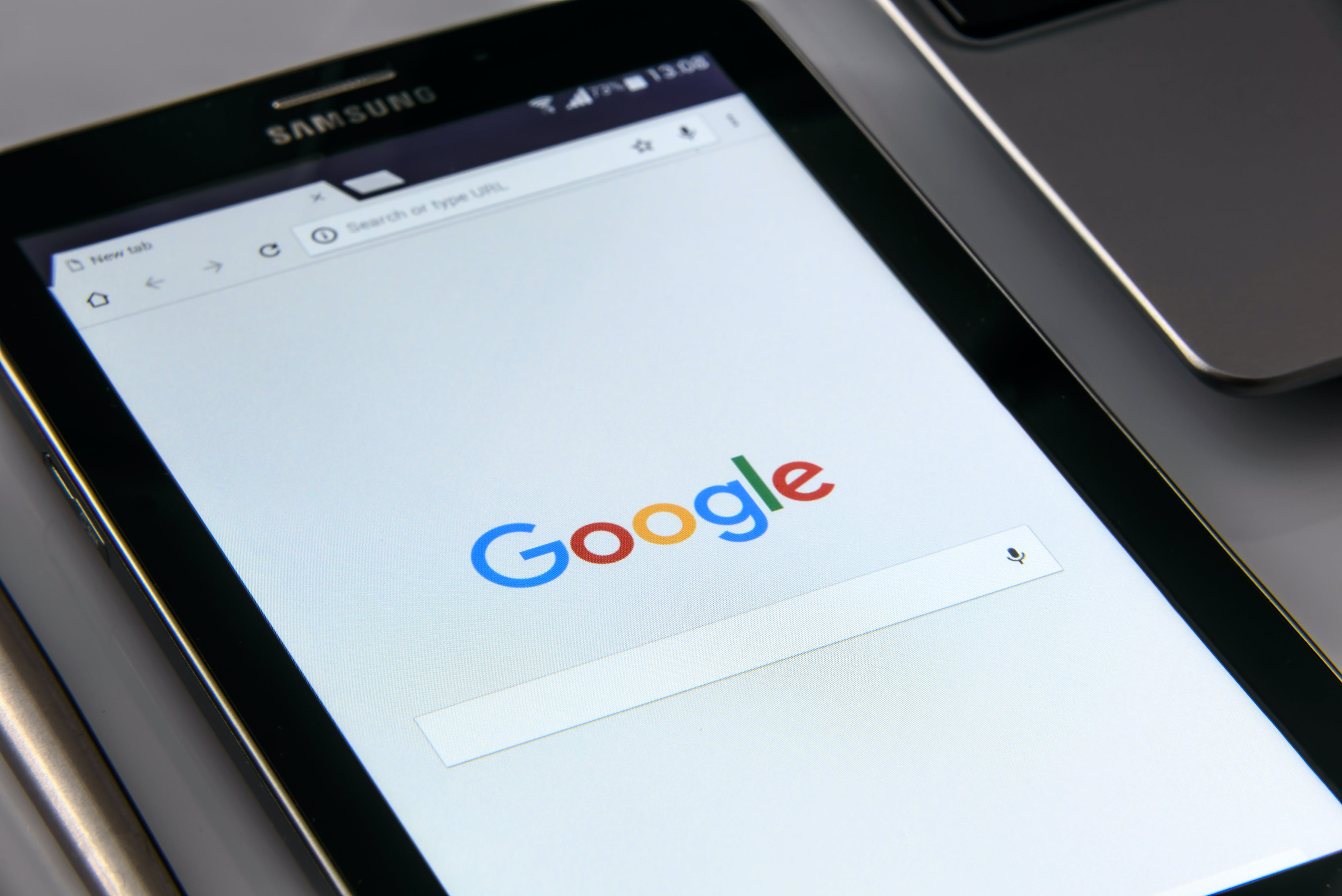
Welcome to the digital age, where information is just a click away! Healthcare companies heavily invest in promotion these days, hiring medical SEO agen?ies like HealthCareSEO that help them not only deliver health services but provide the general public with a variety of choices and reliable information.
However, there’s a flip side of the coin. The internet is teeming with health-related content. While this abundance of information can be empowering, it also presents a unique challenge: sifting through a vast sea of data to find reliable, accurate health advice.
Understanding the Problem
The stakes are high when it comes to health information. Getting it wrong can have serious consequences. From taking supplements you really don’t need to following fad diets and going for outright dangerous procedures.
The ease of access to technology we have today means anyone can publish their thoughts online, turning the web into a bustling hub of health "facts" and opinions. This has created some unique challenges.
Information Overload
In the digital world, quantity often overshadows quality. There's an overwhelming amount of health information online, but not all of it is created equal. Some of it is well-researched and evidence-based, while other information might be misleading or downright incorrect.
Credible sources are often drowned out by more sensational, attention-grabbing content. Sometimes, even well-intentioned articles can unintentionally misinterpret scientific data.
Echo Chambers and Confirmation Bias
Search engines and social networks are the gatekeepers of information in the digital age. But did you know that what you see online is often tailored to your preferences?
Social media specifically can be a breeding ground for echo chambers. This is where you only encounter information or opinions that reinforce your existing beliefs. While this can be convenient, it also means you might only see a narrow perspective. Confirmation bias, the tendency to favor information confirming your beliefs, further complicates things. This can lead to a distorted view of health topics,
Rise of Self-Proclaimed Health "Experts"
With so many platforms available, anyone can become an instant "health expert." These self-proclaimed gurus often share their advice on social media, blogs, and forums. But just because someone has a large following or a convincing tone doesn't mean their information is reliable. The internet doesn't discriminate between a certified health professional and someone who just did a weekend crash course on nutrition. This blurring of lines can lead to confusion and misinformation.
Strategies to Combat Health Misinformation
Telling a fact from a fad when it comes to health information online can be a challenge, but fear not! With a few strategies up your sleeve and a critical eye, you will be able to differentiate between helpful guidance and harmful misinformation.
Questioning the Source
First things first: consider the source. Is the information coming from a recognized health institution, a reputable medical professional, or a well-known health publication? Or is it a blog post from an unknown author with no medical credentials? Always check the author's qualifications and most importantly affiliations. A credible source is more likely to provide information based on scientific evidence and peer-reviewed research.
Analyzing the Evidence
Next, let’s talk about evidence. Good health information should be based on research, not just opinions. Look for articles that cite scientific studies, provide references, or include statements from qualified experts. Be wary of content that relies on personal anecdotes or unverified claims. If a claim sounds too good to be true, it probably is.
Identifying Authoritative Health Websites and Organizations
When in doubt, turn to established health websites and organizations. Websites like the Centers for Disease Control and Prevention (CDC), World Health Organization (WHO), or the National Institutes of Health (NIH) are gold mines of well-researched and regularly updated health information. These sites undergo rigorous review processes and are less likely to provide misleading information.
Utilizing Scientific Literature and Peer-Reviewed Studies
For those who want to dive deeper, scientific literature and peer-reviewed studies are the bedrock of medical knowledge. Resources like PubMed or Google Scholar can lead you to studies and papers. However, interpreting scientific studies can be complex, so seek summaries or analyses from trusted healthcare providers or science journalists when necessary.
Effective Search Techniques for Accurate Information
To get the best results from search engines, be specific in your queries. Instead of searching for "best diet," try "Mediterranean diet research studies 2024." Use advanced search options to filter results by date, source, or region. This can help in getting more targeted and current information.
Remember, search engines prioritize content based on a variety of factors. To counteract this, look beyond the first few results. Check multiple sources, especially when dealing with controversial or emerging health topics.
Navigating Social Networks
Social networks are a bit like bustling marketplaces, full of voices and opinions, especially when it comes to health information. While these platforms offer a wealth of knowledge and community support, they can also be breeding grounds for misinformation. Here's how to navigate them wisely.

Interacting with Community and Discussion Groups
Social networks offer community groups where individuals share experiences, advice, and support. These can be invaluable, especially for those dealing with specific health conditions. However, remember that not everyone in these groups is a health expert. Personal experiences and advice, while valuable, are not substitutes for professional medical advice.
Approach the information shared in these groups with a critical mind. Be cautious of anecdotal evidence presented as fact. If a treatment or remedy is being heavily promoted, research it independently. Cross-reference with reliable sources before considering it credible.
Verifying Shared Information
Be on the lookout for sensational headlines, clickbait, or posts that aim to provoke strong emotional reactions. These are often signs of misleading or false information. Fake news often lacks credible sourcing and may contain exaggerated or sensationalist claims to attract more views or shares.
Contributing Positively
Before sharing health information on social media, pause and consider its source and accuracy. Sharing unverified information can contribute to the spread of misinformation. Be a part of the solution by sharing responsibly.
When you encounter misinformation, consider responding with correct information, and citing credible sources. However, do so respectfully and constructively. Engaging in dialogues can help spread accurate information and educate others, but it's important to approach these conversations with empathy and understanding.
Key Takeaways
Navigating health information online can be tricky, but you're now better equipped to handle it. Just remember a couple of key points: Always question where your information is coming from and look for evidence that backs it up. It's best to rely on well-known health websites for accurate information. When it comes to social media, be careful with what you read and share.
We all play a part in this. Being careful and critical about the health information we trust and pass on is important. It's about staying informed and thinking things through. By doing this, we're not just helping ourselves, but we're also contributing to a more informed and healthy online community.